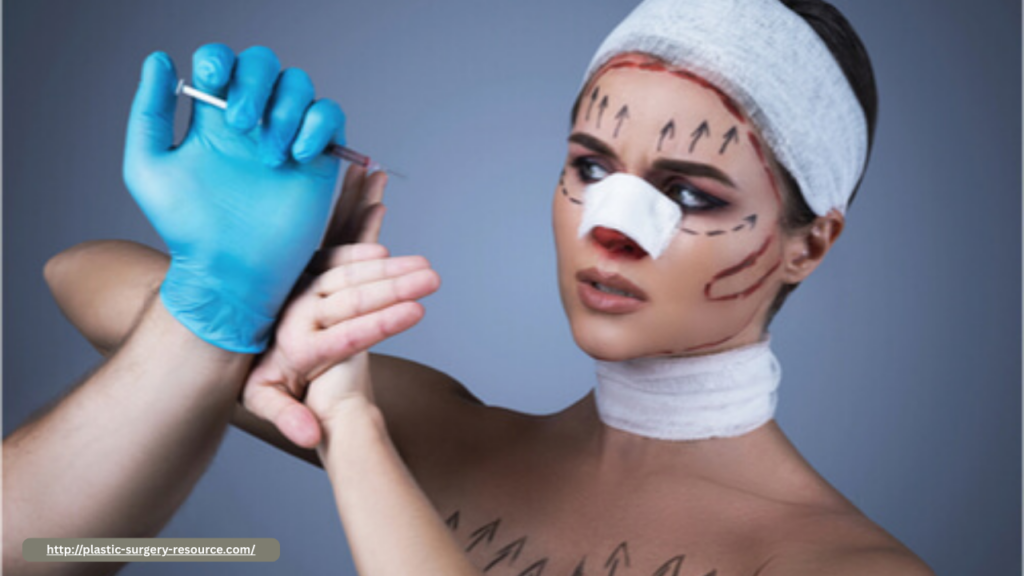
Nestled in British Columbia’s picturesque interior, the Okanagan region is known for its natural beauty, active lifestyle, and thriving wellness culture. But beneath this serene exterior, a growing trend in cosmetic enhancement is raising concerns among mental health and medical professionals alike. As the popularity of plastic surgery continues to rise in cities like Kelowna, Penticton, and Vernon, so too does a more troubling phenomenon: plastic surgery addiction.
Plastic surgery addiction is not an official medical diagnosis, but it’s a term increasingly used to describe individuals who undergo repeated, unnecessary cosmetic procedures, often chasing an ideal that remains just out of reach. In the Okanagan, experts are beginning to see a pattern among patients who seek not just improvement, but constant reinvention—an issue deeply rooted in psychological and emotional factors.
At the core of this addiction lies body dysmorphic disorder (BDD), a mental health condition where individuals obsess over perceived flaws in their appearance—flaws that are often invisible to others. For those with BDD, plastic surgery can provide only temporary relief. Rather than feeling satisfied, they may become fixated on new “problems,” fueling a cycle of repeated surgical interventions. According to local therapists, BDD is increasingly being observed in individuals seeking consultations for cosmetic procedures, particularly in younger demographics influenced by filtered images and social media standards.
Social media plays a significant role in reinforcing unrealistic beauty expectations. In the Okanagan, where the wellness and aesthetic industries flourish, influencers and advertisements promote a curated image of perfection that is often unachievable without surgical enhancement. As people compare themselves to these images, feelings of inadequacy can deepen, prompting a search for self-worth through external change.
Moreover, cosmetic surgery addiction often intersects with low self-esteem, perfectionism, and trauma. Some patients use surgery as a way to cope with emotional pain, believing that altering their appearance will resolve deeper personal issues or lead to greater acceptance and happiness. Unfortunately, when the expected emotional payoff doesn’t come, they may opt for more procedures in an attempt to “fix” what’s still wrong.
Dr. Lisa Grant, a Kelowna-based psychologist who works with individuals post-surgery, explains, “We’re seeing people use plastic surgery as a form of emotional self-regulation. The problem is, without addressing the root psychological causes, they often end up feeling more disconnected from themselves.”
What’s missing in many cosmetic clinics, experts say, is psychological screening and counseling. While reputable surgeons may refer patients for mental health support, not all clinics have the resources or awareness to identify patients at risk for addiction. In regions like the Okanagan, where the market for aesthetic procedures is booming, the pressure to meet demand can sometimes outweigh caution.
Addressing plastic surgery addiction requires a multidisciplinary approach. Surgeons, therapists, and community organizations must collaborate to create guidelines for screening, support, and education. Promoting body positivity, providing mental health resources, and de-stigmatizing emotional struggles are essential steps in helping those affected.
Behind every scalpel is a story—one not just of beauty, but of identity, self-worth, and healing. In the Okanagan, the challenge now is to ensure that the pursuit of physical perfection does not come at the cost of mental well-being.